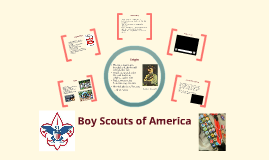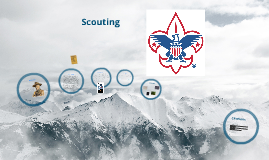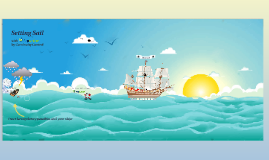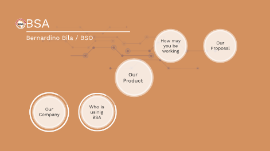BSA
Transcript: delaying entry to graduate labour market living away from home moulding, converting and coasting Singapore: Everyone’s sort of got the same skills and talents. (Mike, UK) Fieldwork we are all in the same boat reputational capital I believe its important to know what I want out of a job first, and then do university education in line with what I want to get out of a career. I mean its quite hard to derive something good out of a university education if I just go into a course without knowing what I want to get out of it at the end. (Val, Singapore) Plans for the future Esther Muddiman Supervisors: Prof. Phillip Brown and Dr. Finn Bowring understanding the world better Britain: (Britain) Britain link between education and economy different employment rates structure of opportunities individualist vs. collectivist lack of welfare provision degree as a form of capital meeting new people maximising your potential whole uni experience Britain: It’s just the label of someone who’s gone to university and given themselves three years extra education. I’m not sure how much extra knowledge I’m actually going to come out of university with compared with three years ago. I think literally it’s something that you put on your CV as something you’ve done, and employers are going to pick that up and see that you’ve got a degree and I think that kind of separates you from people that don’t have a degree. (David, UK) I think I will remember skills more than knowledge, because knowledge somehow just disappears over time, unless I constantly revise it. I guess its more of the interpersonal skills, working with people in groups, and also how to look at things in different perspectives. (Isobel, Singapore) stratified opportunities Approaches to learning Oh goodness knows! No idea! Um hopefully have a job coming up [laughs], maybe do a bit of traveling, I'm not really sure. (Gavin, UK) muddimanek@cardiff.ac.uk DELAYING: pro-active approaches less-specific Research Context Time at university as personally rewarding I don’t think I will remember it all, I mean even things that I studied one or two years ago I have completely forgotten about I guess. (Val, Singapore) whole uni experience Learning Equals Earning: student understandings of success in Britain and Singapore At the end of the day, if you can get a 2:1 in your degree then you’ve got a chance at pretty much any job. I don’t think I’ve ever seen, not in any of the jobs I’ve been looking at, anybody ever ask for a first. So there doesn’t seem any point in pushing yourself to do lots of extra work just to get a first if it’s not going to get you any long term advantage. (Glynn, UK). ‘I do what I have to do’ (Jess, UK) widely felt across sample (Singapore) Initial findings I have 40-50 years to be in the job, so another year out might not hurt. (Kate, UK) broadening horizons I guess you just develop social skills that you wouldn't develop if you were just, say, living at home and had your own job and you'd probably be with the same friends you were with at school, you meet people from all different backgrounds here (Mike, Cardiff) Well I’ve definitely grown up quite a bit, but again I think that’s just being independent, living away from home, having to do things for yourself. I think that’s the main thing - being independent and fending for yourself. I feel a lot more comfortable than I did three years ago. That’s just the experience of living away (Glynn, UK) Context practices of differentiation easily forgettable differentiating yourself from the crowd knowledge is widely accessible and Singapore site for self-development Knowledge economy and emphasis on 'employability' 'Learning equals earning' Rise of instrumental or acquisitive learning? Learners as consumers? Learners as future workers? Space for critical engagement? STRATEGIZED: I'm doing ok, I got a 2.1 last year. I know I could probably do better than I am, because my attendance is pretty poor at the moment, I think it has been for the last two years actually. I am kind of getting the grades that I want, like I'm getting mid 2.1s, so I suppose I probably could do better but I am happy coasting...if I come out with a 2.1, which is what I want, then I'll be happy with that. (Pete, UK) I'm more open to new ideas now (Jill, Singapore) mapping these findings onto existing debates about instrumental learning exploring gender/subject area distinctions Possible interpretations... lack of discussion of social elements COMPETITIVE PRESSURE: more content related wait and see Obviously going to an established university with a pretty good reputation - employers can get a look at that and can see that he’s gone through it, he’s done quite well. So I think that gives me an advantage. (Glynn, Cardiff) interpreted in distinct ways Working hard will only get you the grades…in our course, business, it’s really a lot more than just grades, so I would say that you have to work hard, but to succeed in the course you definitely have to do

















